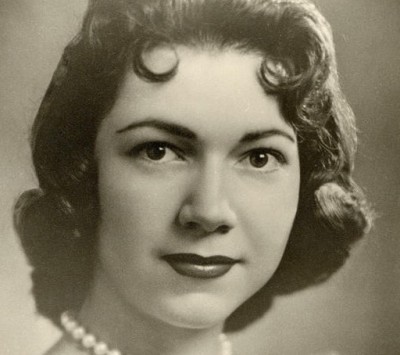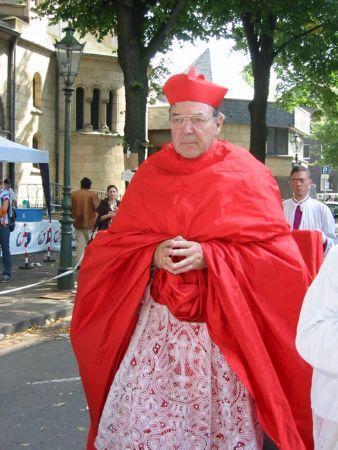This coming 29 February, the cardinal is to give evidence before an Australian commission, via video link from Rome. The cardinal, who has been accused of covering up child sex abuse cases, said the false news report printed by the Herald Sun is outrageous
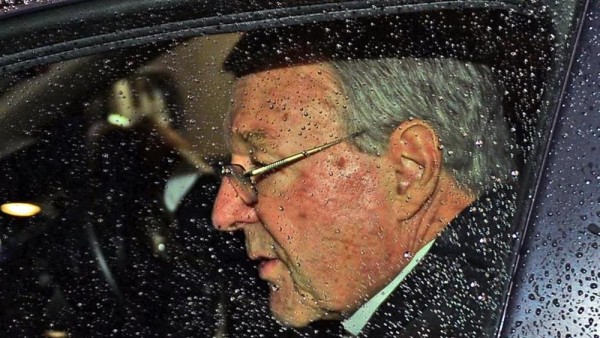
By IACOPO SCARAMUZZI
Cardinal George Pell, Archbishop Emeritus of Sydney and Prefect of the Secretariat for the Economy, has denied outright the sex abuse allegations made against him and corroborated by Australian newspaper Herald Sun. One week before he is due to give evidence to the Royal Commission into Institutional Responses to Child Sexual Abuse, via video link from Rome, the cardinal also criticised the suspicious timing of the news leak. Some victims are accusing him not of actually carrying out acts of sexual abuse but of covering up cases that were reported to him in recent decades. He was responsible for the priests who are said to have committed the offences.
“Cardinal Pell is due to give evidence to the Royal Commission in just over one week. The timing of these leaks is clearly designed to do maximum damage to the Cardinal and the Catholic Church and undermines the work of the Royal Commission,” says a statement leaked by Pell’s offices. “The allegations are without foundation and utterly false.”
The Herald Sun wrote that Cardinal Pell is being investigated by Victoria Police’s Sano Taskforce, over alleged abuse against minors both consistently and occasionally when he was still only a priest in Ballarat and when archbishop of Melbourne.
“It is outrageous that these allegations have been brought to the Cardinal’s attention through a media leak,” the statement reads. “The Cardinal has called for a public inquiry into the leaking of these spurious claims by elements in the Victorian Police in a manner clearly designed to embarrass the Cardinal, in a case study where the historical failures of the Victorian Police have been the subject of substantial evidence.”
In his statement, Cardinal Pell refers to the Southwell Report, an independent Church inquiry into the accusations of abuse the cardinal allegedly committed against an altar boy at a summer camp on Phillip Island in 1962. The investigation, which was conducted by retired Supreme Court judge, Alec Southwell, ended with the cardinal’s absolution. The Phillip Island allegations have been on the public record for nearly 15 years. The Southwell Report which exonerated Cardinal Pell has been in the public domain since 2002,” today’s statement reads. “The Victorian police have taken no steps in all of that time to pursue the false allegations made, however the Cardinal certainly has no objection to them reviewing the materials that led Justice Southwell to exonerate him. The Cardinal is certain that the police will quickly reach the conclusion that the allegations are false.” “The Victorian Police have never sought to interview him in relation to any allegations of child sexual abuse and apart from the false allegations investigated by Justice Southwell, the Cardinal knows of no claims or incidents which relate to him.”
Cardinal Pell, the statement says, “strongly denies any wrongdoing. If the police wish to question him he will co-operate, as he has with each and every public inquiry. In the meantime, the Cardinal understands that several media outlets have received confidential information leaked by someone within the Victorian Police.” Thus, “the Cardinal calls on the Premier and the Police Minister to immediately investigate the leaking of these baseless allegations”.
Cardinal Pell will give evidence to the Royal Commission into Institutional Responses to Child Sexual Abuse via video link on 29 February. 15 victims are travelling to Rome to attend the cardinal’s hearing, with money raised through a crowdfunding initiative. “As an archbishop for almost 20 years he has led from the front to put an end to cover-ups, to protect vulnerable people and to try to bring justice to victims,” says a separate statement released by the office of 74-year-old cardinal Pell, who was granted permission not to travel to Australia for the hearing, due to the serious health risks involved. “As Cardinal Pell has done after earlier hearings, he is prepared to meet with and listen to victims and express his ongoing support.”
Complete Article HERE!

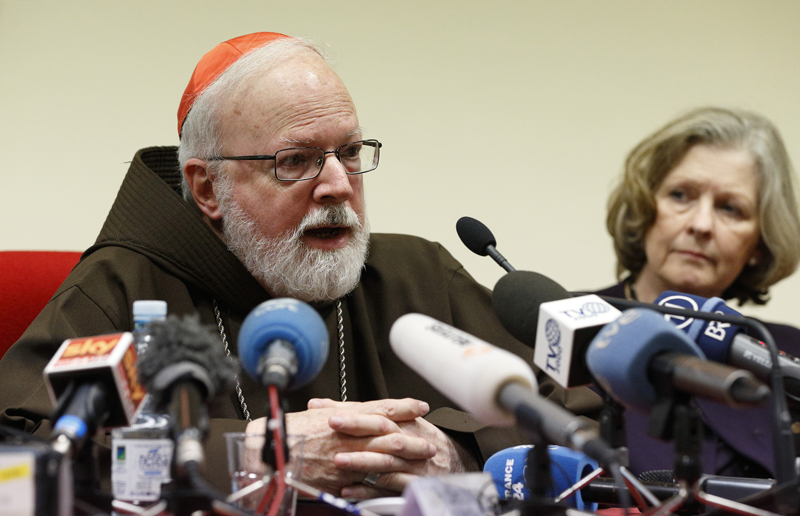
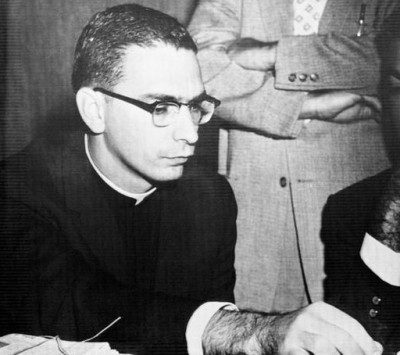 John Feit, 83, had long been the main suspect in the 1960 death of schoolteacher Irene Garza, but he wasn’t arrested until Tuesday in Scottsdale, Arizona.
John Feit, 83, had long been the main suspect in the 1960 death of schoolteacher Irene Garza, but he wasn’t arrested until Tuesday in Scottsdale, Arizona.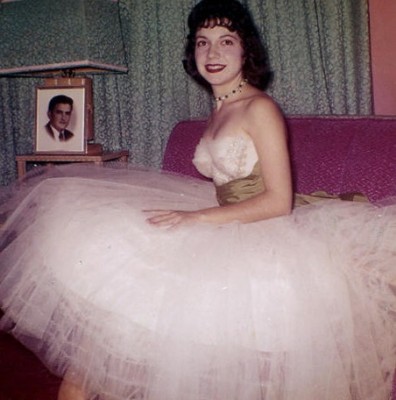
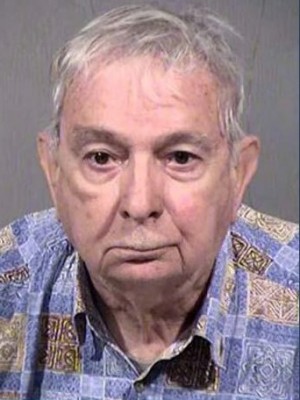 “That was 13 years ago,” he said. “I’m totally puzzled by something coming up now, after the fact.”
“That was 13 years ago,” he said. “I’m totally puzzled by something coming up now, after the fact.”